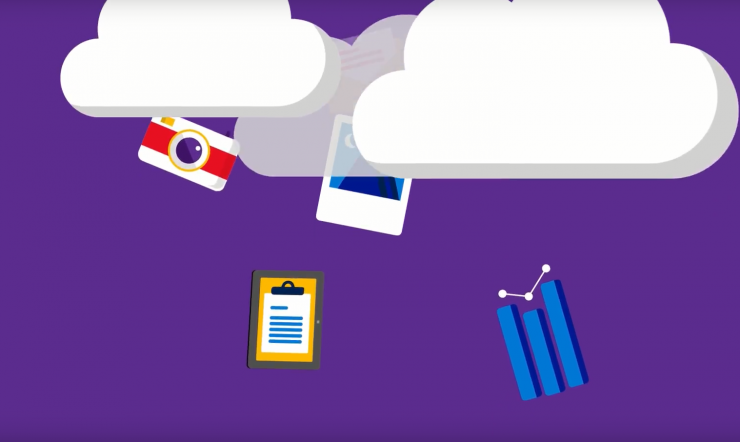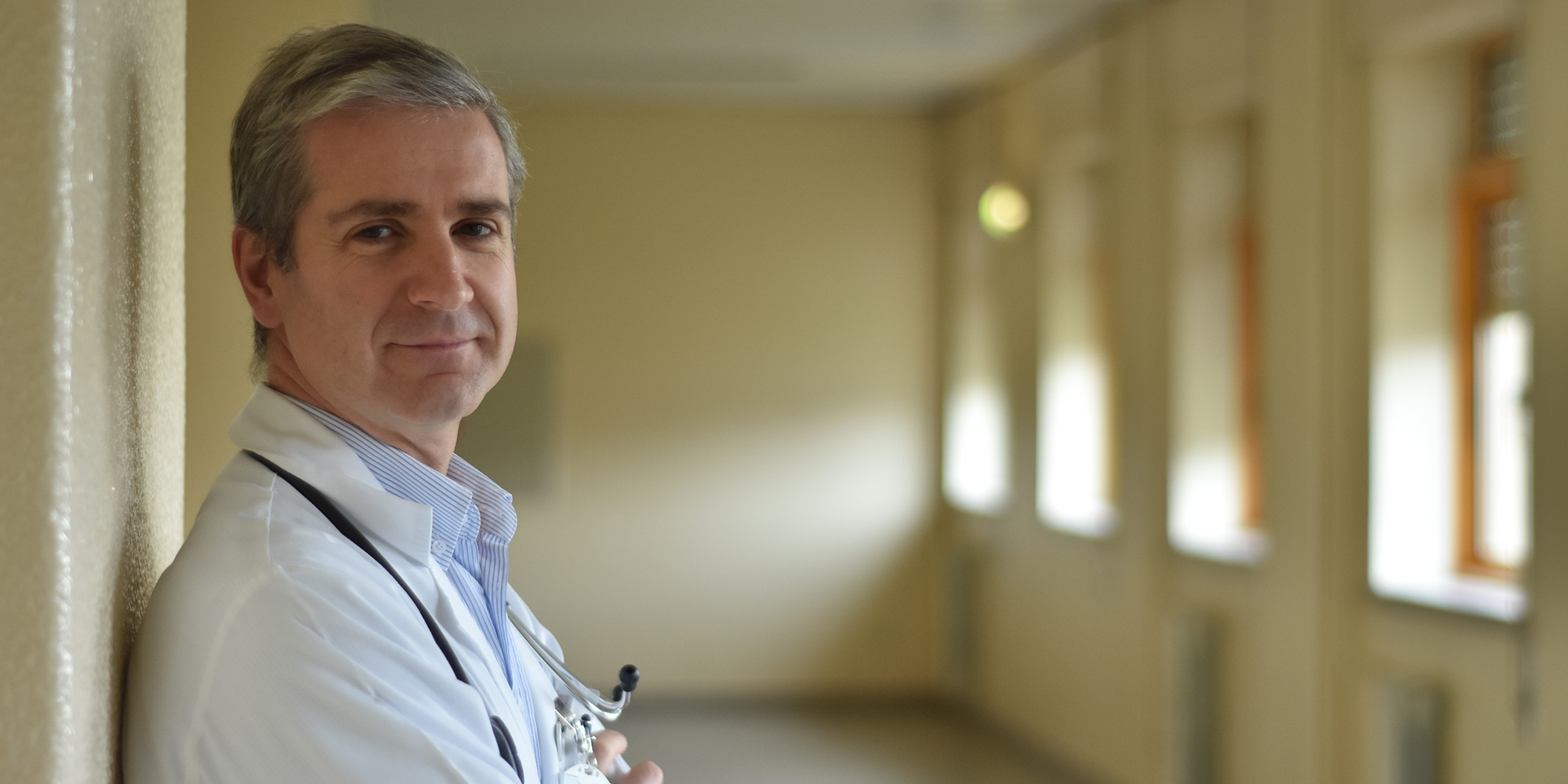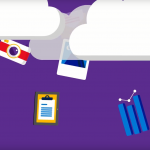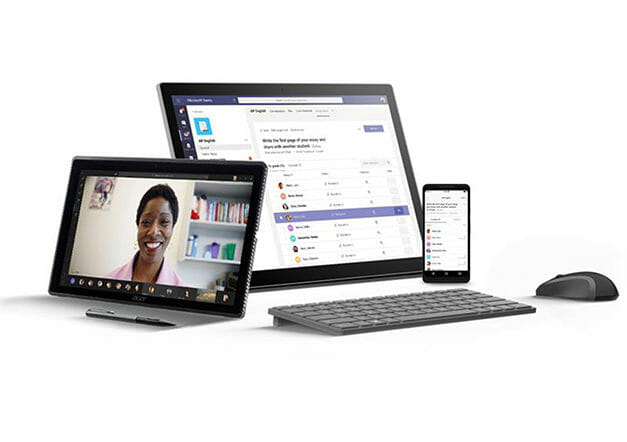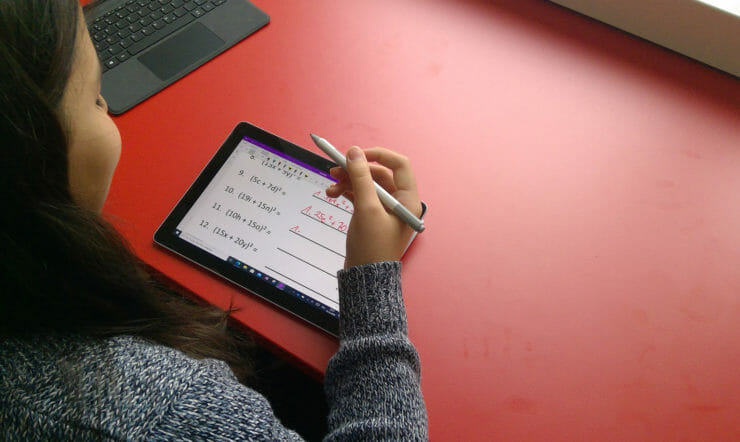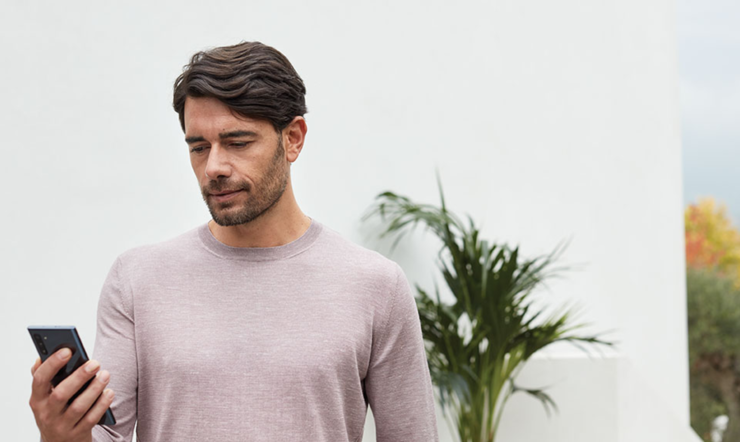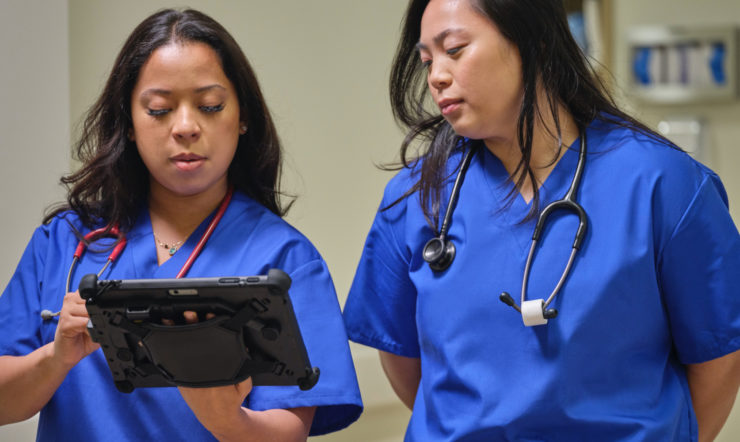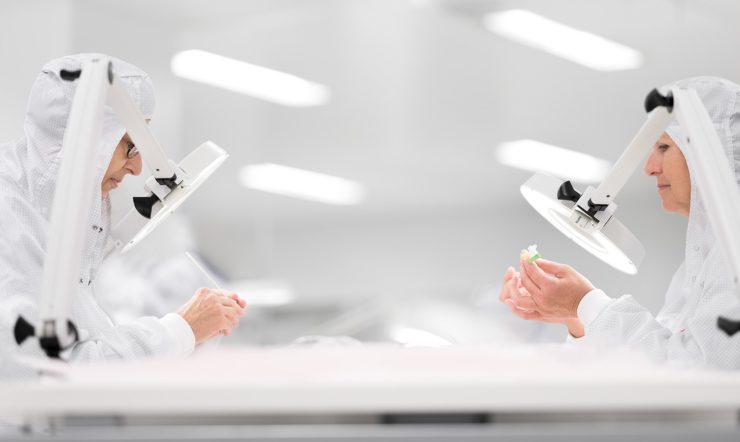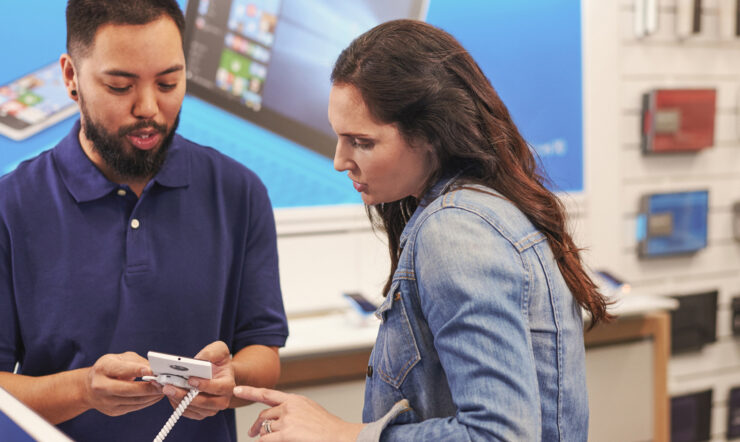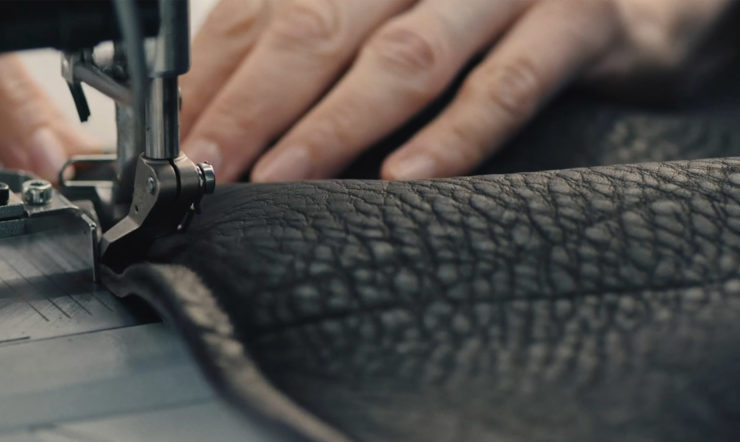“I could never have imagined that the monitoring system I had developed for patients with chronic heart disease would one day play a role in the war against a global pandemic.”
José Paulo Carvalho, Founding Partner of Portuguese telehealth company Hope Care, explains how technology he has been developing for more than six years – HCAlert – is now helping hospitals remotely monitor and care for vulnerable patients in their fight against the pandemic.
The idea for the technology began in 2014 when, encouraged by the Portuguese government’s drive to develop technical solutions that would allow doctors to treat patients remotely, José met Doctor Luís Oliveira from Cova da Beira Hospital, which serves the municipalities of Covilhã, Fundão, Belmonte and Penamacor.
As Dr Luís explains: “We began working with Hope Care on an innovative new system that would allow us to monitor the health of patients with chronic heart failure remotely, reducing the need for them to come to hospital.”
Saving lives at home
In Portugal, like most developed countries, chronic heart failure is the most frequent cause of hospital admissions in people over the age of 65. These have increased by more than a third in the last decade.
The patient prognosis is poor. There’s a 12.5% risk of death during a hospitalisation, with a high chance of acute events occurring undetected after patients are sent home. Risk of death is 17% in the first year.
That’s where Hope Care’s Azure-powered HCAlert patient monitoring system, tailored to meet the needs of Dr Luís’ patients, has proved to be a lifesaver.
Patients use simple Bluetooth-connected devices to share daily measurements – such as their temperature, weight and blood pressure. The data is then submitted via a smartphone to Hope Care’s centralised system and stored securely in the cloud.
The hospital is then informed if the data shows a patient’s condition has transgressed set parameters, allowing doctors to act accordingly. Medical staff are also better able to detect early signs of decompensation – and take action to prevent a patient experiencing an acute event, by adjusting their medication or providing advice.
“It’s a simple and relatively inexpensive system,” adds Dr Luís.
“The doctors train the patients and their carers how to use the device and it’s very straightforward so that patients are easily able to use it after just one session,” he adds.
“It helps the patient to feel very active in their own care – we see greater adherence to prescribed medication treatments and to a healthy lifestyle. It also provides a constant link and source of communication between the patient and the department, which in turn helps them feel safe and more comfortable.”
Storing and managing sensitive data of this kind also requires specific certifications to ensure that hospitals are compliant, which could now easily be accessed at any time through the cloud-based Azure Trust Center.
“Using Azure makes it easy for us to comply with local data regulation,” explains José. “Patient data is kept secure and ensures we are compliant with medical standards. And the cloud gives us the power and flexibility to process huge amounts of data on demand”.
By reducing the need for hospital visits, the annual cost reduction per patient is over €47,000. And mortality in patients that have trialled the system has decreased to 9.5% – 45% lower than the 17% expected by European Guidelines.
HCAlert and COVID-19
Though designed to help with chronic heart conditions, HCAlert has also delivered unforeseen benefits during the COVID-19 outbreak.
By allowing doctors to monitor older patients with chronic conditions remotely – and eliminating or reducing the need for hospital visits – it has made the isolation of vulnerable people possible, without compromising their healthcare.
“Although we don’t have many cases of COVID-19 in the municipalities that our hospital serves, isolation of vulnerable chronic patients is crucial,” explains Dr Luís.
Additionally, José realised that HCAlert could also be applied to care for isolated patients who had contracted COVID-19.
“With COVID-19 patients, you need to measure the same vital signs as you would with chronic heart disease. We’ve just altered the algorithm to deploy different parameters for COVID-19 patients.”
Expanding the solution
Given the massive migration of the medical profession to online virtual consultations, Hope Care has integrated Microsoft Teams with the monitoring system, allowing clinicians and nurses to collaborate and, when needed, contact patients through a secure video call to provide further support and guidance.
Already, there are eight Portuguese hospitals assessing COVID-19 patients via Teams – all informed by the data they’re receiving from HCAlert. If any anomalies are detected, the hospital can contact the patient proactively and discuss their treatment options – helping save time that could be vital to patient health and improve overall efficacy.
It shows how, in a time when many healthcare providers share the challenges of strained budgets and fewer clinicians, technology can help support the ongoing care patients need to live healthier and happier lives. A cost-effective way for hospitals to provide high-quality care services and use their resources effectively, all without putting anybody in unnecessary jeopardy.
